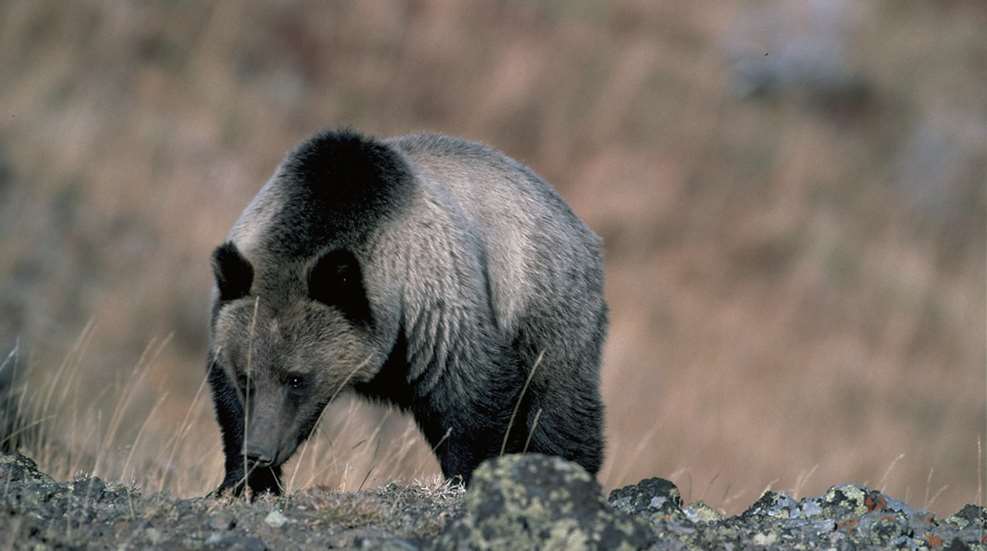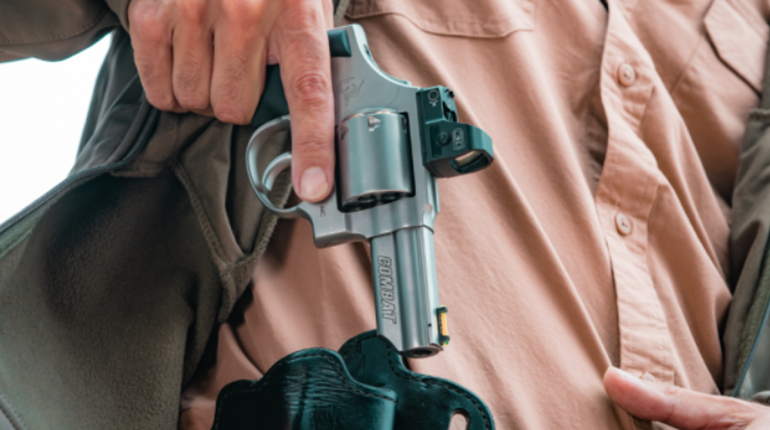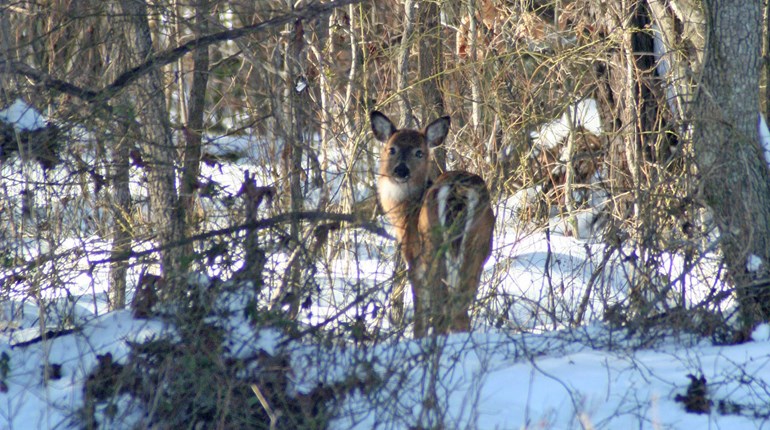
On June 3, 2025, a Montana man was getting ready to settle in for the evening when he noticed something: unusual noise. It sounded as if his livestock and his dogs were upset, and he knew it was best to go check it out.
The bad news is that the disturbance was a grizzly bear. The good news is that he had armed himself before going outside.
He hadn't gone far when he saw the bear, which happened at right around the same time that the bear decided to charge him. The man shot and killed the bear. Thankfully, he was uninjured during the encounter. As the shooting was in clear self-defense, he hasn't been charged with a crime. That said, there are absolutely lessons that we can take from this story.
Be bear aware
Montana is bear country, but there are plenty of other states where grizzly bear populations are in proximity to homes and farms (like Idaho) Grizzly bear populations continue to become denser and more widespread in Montana, increasing the likelihood that residents and recreationists could encounter them in more places each year.
Avoiding conflicts with bears is easier than dealing with conflicts. Here are some precautions to help you avoid negative bear encounters:
- Carry bear spray or a firearm in an appropriate chambering and be prepared to use it immediately. (Remember that if it becomes necessary to kill the bear, you will need to speak to both law enforcement [911] and your local fish & wildlife department to report the incident.)
- Travel in groups whenever possible and make casual noise, which can help alert bears to your presence.
- Stay away from animal carcasses, which often attract bears.
- Follow food storage orders from the applicable land management agency.
- If you encounter a bear, never approach it. Leave the area when it is safe to do so.
- Keep garbage, bird feeders, pet food and other attractants put away in a secure building. Keep garbage in a secure building until the day it is collected. Certified bear-resistant garbage containers are available in many areas.
- Never feed wildlife. Bears that become food conditioned lose their natural foraging behavior and pose threats to human safety.







































